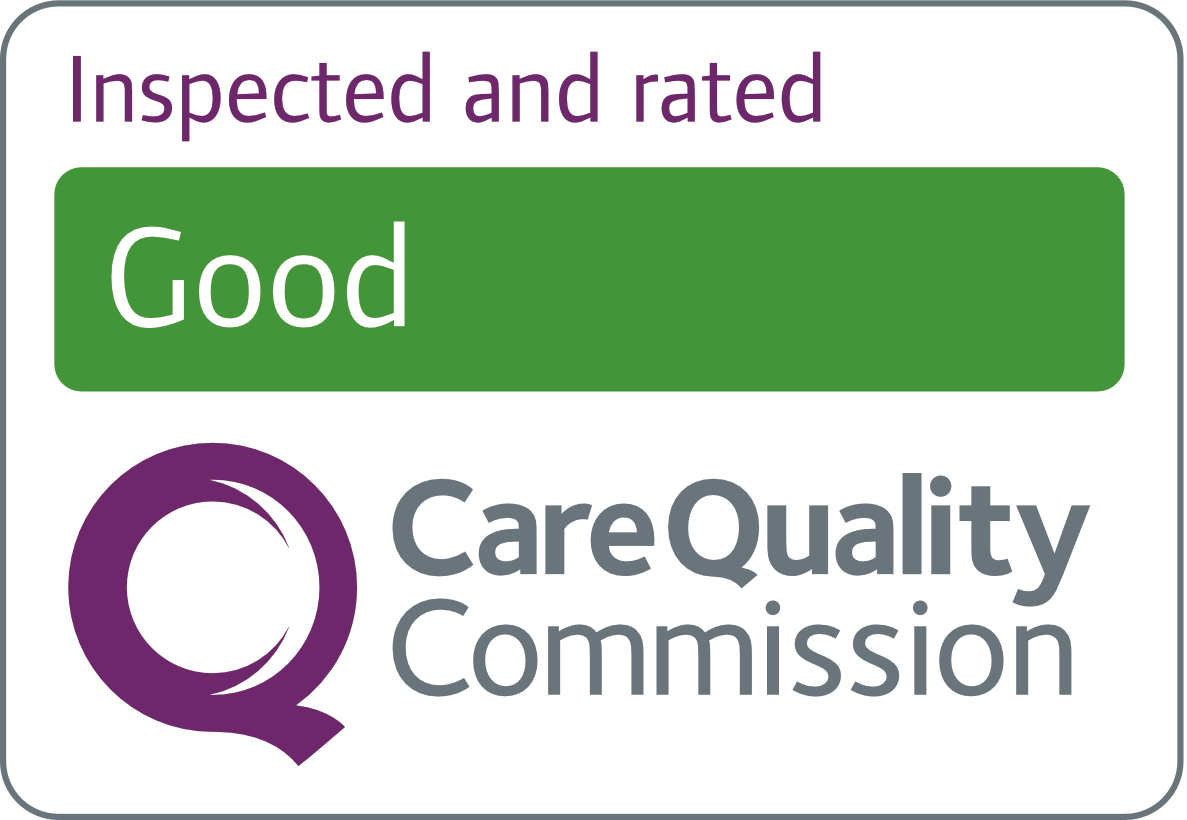- Contact Us
- 02077237258
- [email protected]
Excess body weight can increase the risk of many health problems, such as ischemic heart disease, stroke, diabetes, and certain types of cancer.
Focusing on certain lifestyle measures like increasing physical activity or eating healthier, can help people maintain healthy weight and achieve their goals.
We offer a wide range of weight management options from diet, exercise and lifestyle advice / plans to pharmaceutical options.

If the calories taken in by food and drinks exceeds what the body is using, you will gain weight. This excess of calories is stored in the form of fat resulting in weight gain.
An ideal daily intake of calories varies depending on age, metabolism and levels of physical activity, among other things. Generally, the recommended daily calorie intake is 2,000 calories a day for women and 2,500 for men.
Poor diet contributes significantly to weight gain and other health issues.By avoiding some of the following you may find it easier to achieve healthy weight loss:
A number of medical conditions can cause you to gain weight including:
Side effects of some medicines may cause weight gain. Some examples include:
Exercise is important to burn extra calories and preventing fat from accumulating in your body. Exercise increases your metabolic rate and makes it faster to process calories and avoid weight gain and help in weight loss.
Changes to eating habits are the most important changes to make to lose weight.
Some tips for healthy diet when you’re trying to lose weight:
The amount you eat is just as important as what you eat – no matter how healthy your diet is, you can still put on weight if you are eating too much.
Having more calories than your body needs each day can lead to weight gain.
Calorie counting
How many calories to have to lose weight
To lose weight, the average person should reduce their daily calorie intake by 600kcal. That means having:
Exercise
Exercise is essential in weight reduction and is a great way of boosting health and mood. Having just thirty minutes of physical activity a day can drastically increase weight loss and your wellbeing.
Check your BMI to find out if you’re a healthy weight for your height.
A weight-loss treatment we can prescribe is Orlistat (Xenical/ Alli). This medicine stops the body from absorbing 30% of the fat from meals. This reduction in fat absorption reduces overall daily calorie intake. Orlistat is taken before, during or one hour after each major meal.
It may only be prescribed to patients with a BMI of over 30 or >28 with other weight-related conditions.
Orlistat also acts as a deterrent for high-fat foods due to the stomach discomfort experienced if you do eat a high-fat meal.
Side effects may include fat in the stool, poorly smelling stool (due to high-fat content), increased flatulence, floating stools, gastric upset if taken with a high-fat meal.
Wegovy and Saxenda weight loss injections are both designed to help assist with weight loss alongside diet and exercise. For the best results, create a weight loss plan that includes healthy eating, physical activity, and weight loss pills and injections only if necessary to help reach a healthy weight.
There are a number of different injection pens used for weight loss in the UK. These are a relatively new type of treatment for weight loss, with the first well known treatment being Saxenda, released in the UK in 2020. The following is a summary of the main weight loss injections currently available in the UK.
A new type of weight loss medication in the UK is Wegovy, an injectable medicine which can help achieve ~15% body weight loss on average. This medicine is used much like insulin and comes in an injectable pen that’s injected into the fat under the skin once weekly.
It contains the active ingredient semaglutide, which works by regulating the way the body naturally gets hungry. Changing your appetite leads to eating few calories and a better chance of weight loss.
Clinical trials show that Wegovy helps the average patient lose as much as 15% of their body weight. The treatment will potentially revolutionise weight loss treatment across the globe and help many patients with their weight management.
Wegovy dose is started low and increased slowly up to the maintenance dose. It can only be prescribed to patients with a BMI of over 30 or >27.5 with other risk factors at a doctor’s discretion.
Side effects of this weight loss injection include:
Saxenda is the original weight loss pen which has been available in the UK since 2020. This treatment has shown that the average patient will achieve around 10% body weight loss over the course of treatment.
This treatment contains the active ingredient liraglutide. This is a sister drug of semaglutide, and both belong to a group of drugs called GLP-1 agonist.
Saxenda is a very similar injection to Wegovy, except it is used once daily instead of once weekly. It works in the same way, suppressing the appetite to reduce eating to assist with losing weight. It is prescribed to patients with A BMI of over 30 or above 27.5 with additional risk factors, just like Wegovy.
Ozempic is perhaps the most well-known of the weight loss injection pens, however, it’s not actually licensed for weight loss! In the UK, Ozempic is licensed in the treatment of diabetes. Despite this, it is effective in helping patients lose weight, and as a result, many doctors do prescribe Ozempic off licence (a legal practice), to patients.
Ozempic, like Wegovy, contains the active ingredient semaglutide.
Because Ozempic is primarily a drug used in diabetes, we choose not to prescribe this, so as not to affect critical supply chains for diabetic patients.
Mounjaro is the latest of the weight loss injection pens. It is also the most effective in clinical trials, with an average body weight loss of ~20%! This compares to 10% in Saxenda, and 15% in Wegovy and Ozempic.
Mounjaro contains the active ingredient Tirzepatide.
Like the other weight loss injections, Mounjaro should be started at it’s lowest dose and titrated up, to help avoid side effects. The starting dose is 2.5mg and the highest maintenance dose is 15mg. It is a once
Treatment Name | Active Ingredient | Licensed for Weight Loss | Route of Administration | Dosage Frequency | Drug Family | Effectiveness (% weight loss) |
|---|---|---|---|---|---|---|
Saxenda
| Liraglutide
| Yes | Subcutaneous injection | Once daily | GLP-1 receptor agonist | 5-10% within first year with diet and exercise |
Wegovy
| Semaglutide
| Yes | Subcutaneous injection | Once weekly
| GLP-1 receptor agonist | 15-18% within first year with diet and exercise
|
Ozempic
| Semaglutide
| No (licensed for Type 2 Diabetes)
| Subcutaneous injection
| Once weekly
| GLP-1 receptor agonist
| N/A (Not licensed for weight loss)
|
Mounjaro
| Tirzepatide
| No (licensed for Type 2 Diabetes)
| Subcutaneous injection
| Once weekly
| GLP-1 receptor agonist
| N/A (Not yet licensed for weight loss)
|


Pharmacy:
Mon-Sun: 10:00 AM – 11:00 PM
Clinic:
Mon-Fri: 7:00 PM – 11:00 PM
Please call to check the doctor’s availability.
For emergencies, please dial: 999